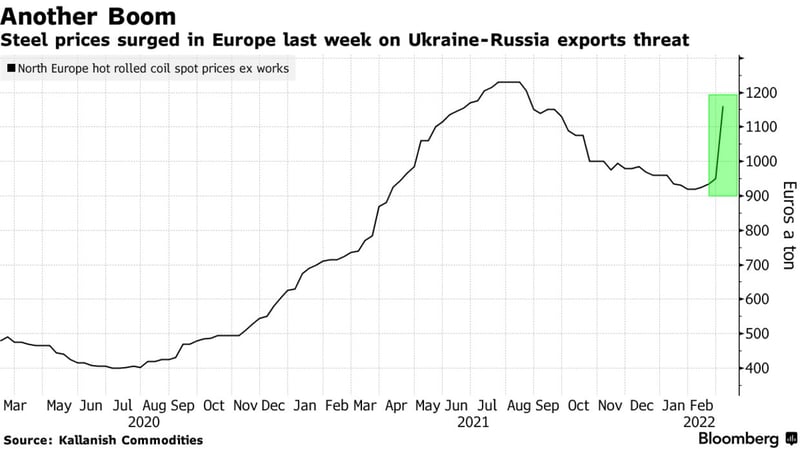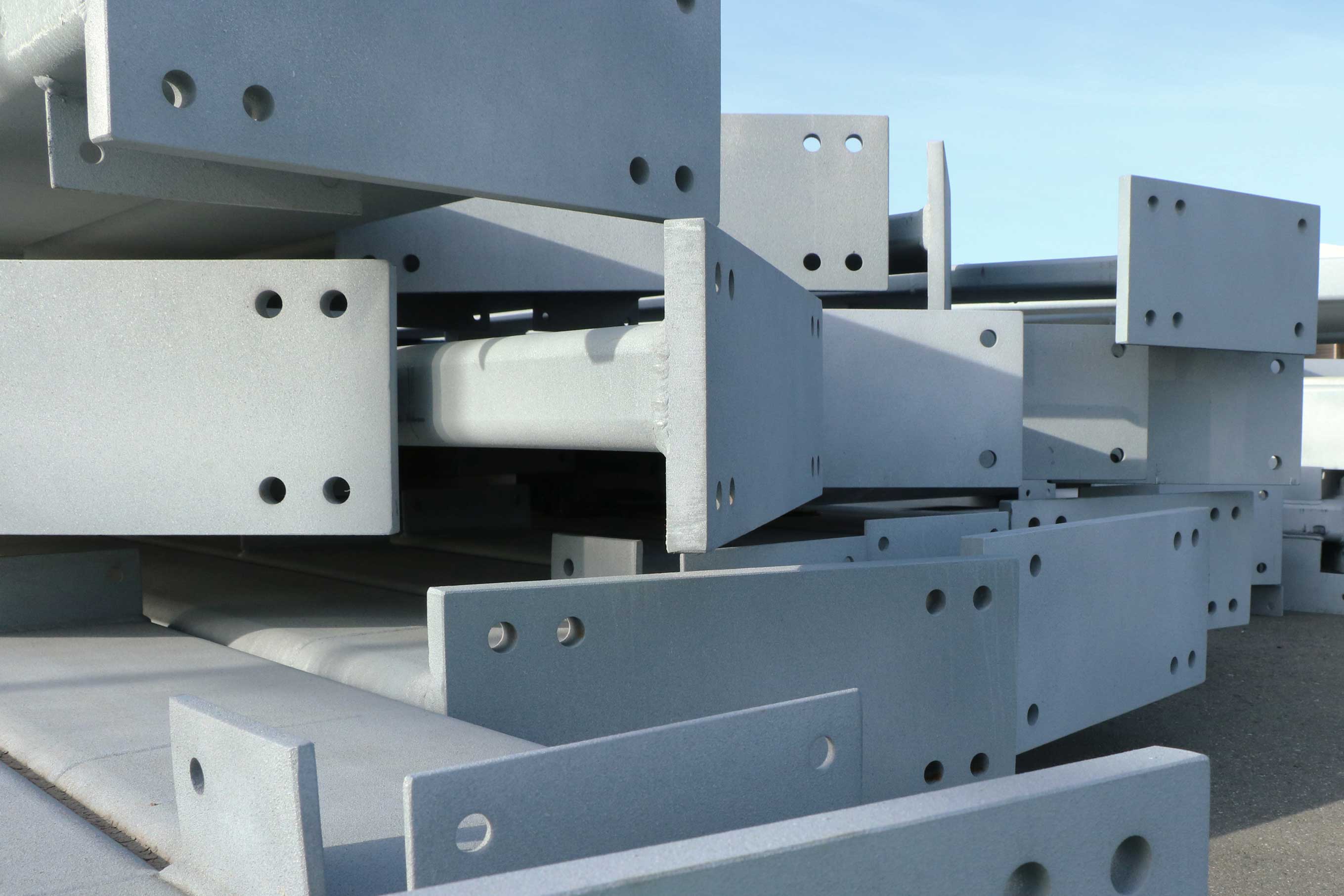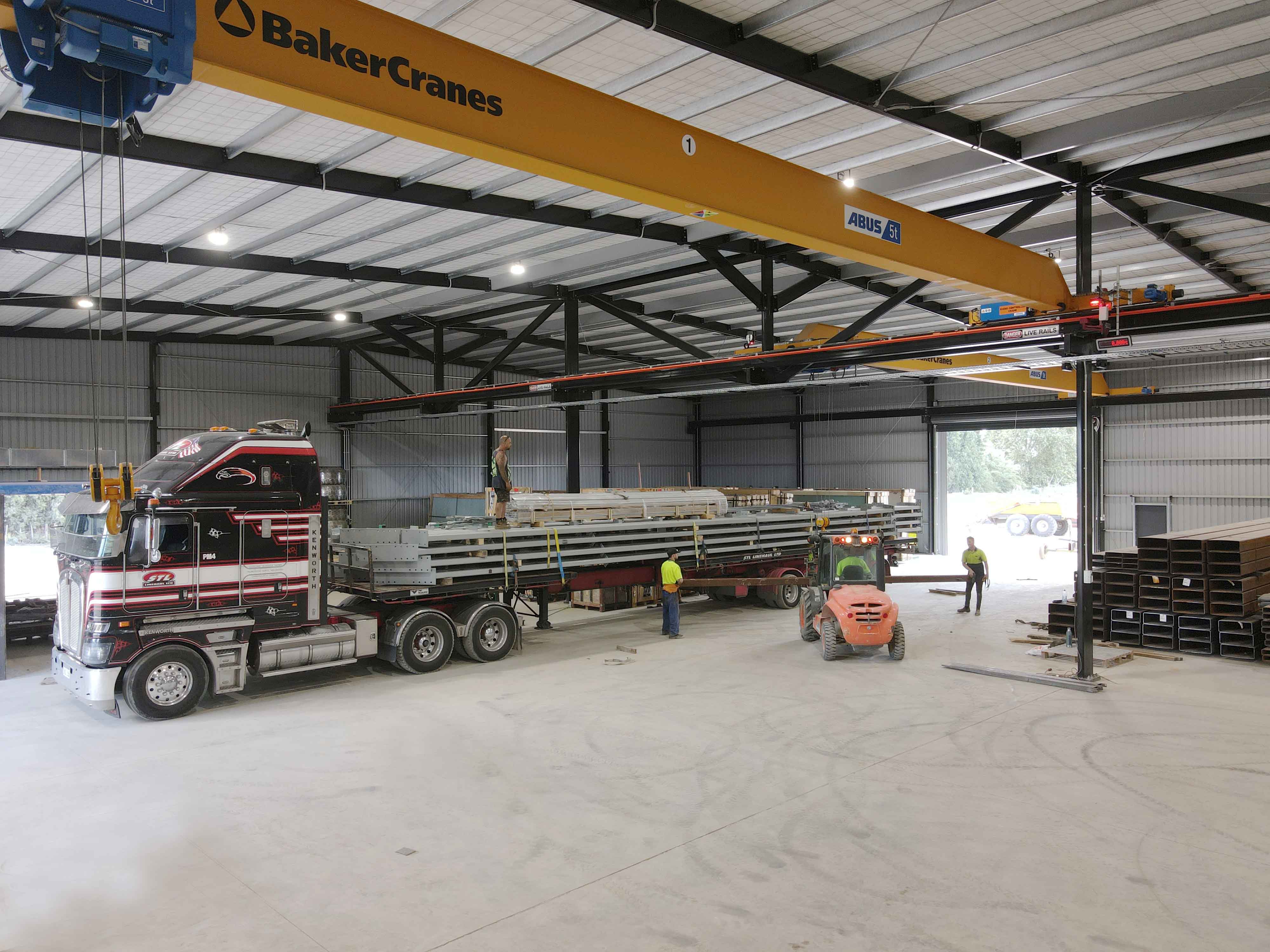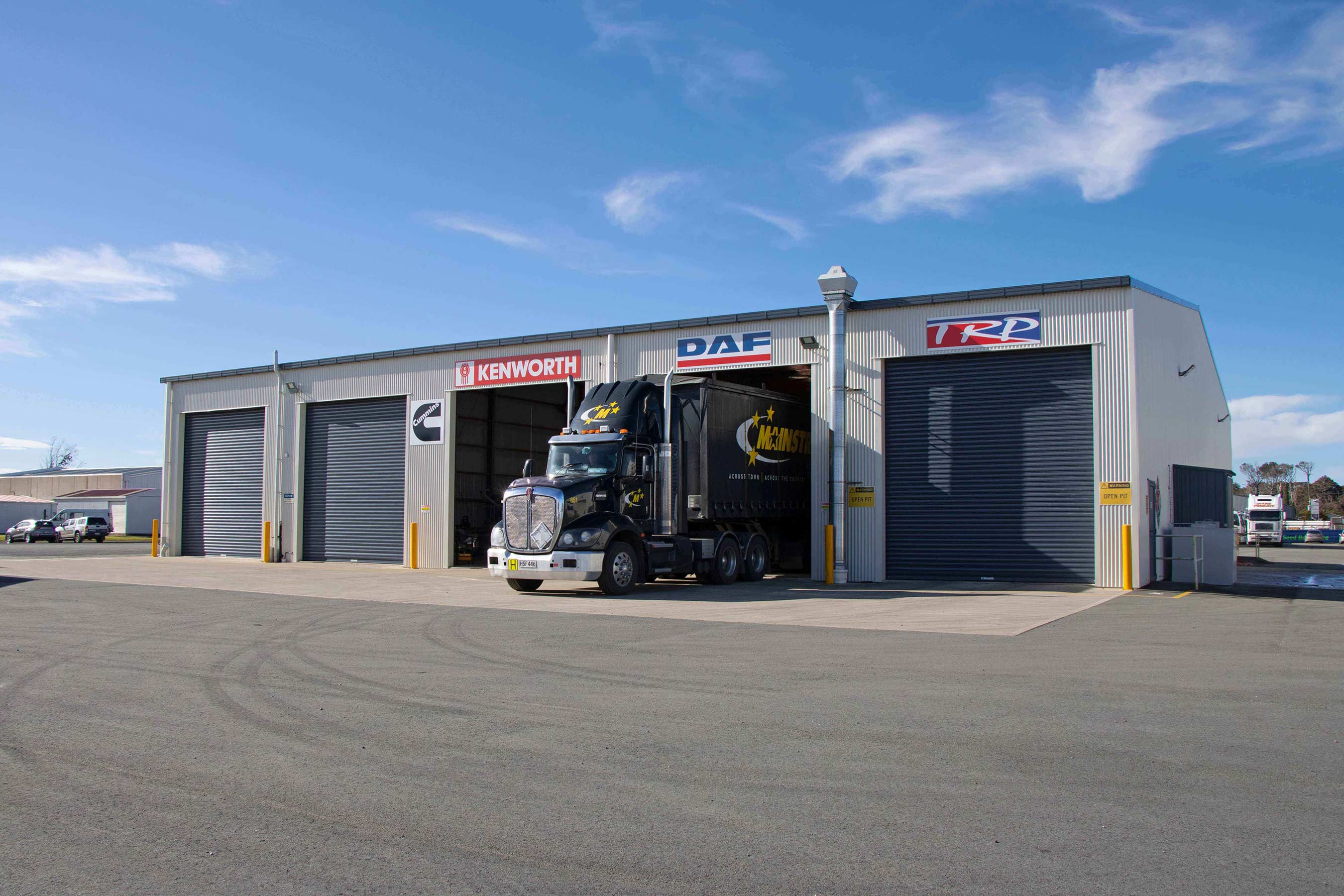How could the conflict in Ukraine affect the global steel supply?
There’s a lot of uncertainty going on across the world, particularly surrounding the recent conflict involving Ukraine and Russia. Not only has this conflict had a devastating impact on the livelihoods of those living in both countries, but it has the potential to cause lasting ramifications across the globe.
This conflict affects the global supply of petrol, power, and steel, which has an impact on the prices of these commodities. To provide our valued clients with some clarity and guidance going forward, we thought we’d focus on how the conflict in Ukraine could affect the global steel supply.
We’ll cover:
- How much of the world’s steel Ukraine and Russia have historically supplied,
- The current impact the conflict has had on this supply,
- The continued and forecasted impacts this may have,
- The impact the conflict has had on New Zealand’s steel supply,
- What XL Structural Steel is doing to mitigate any impacts on our customers.
Ukraine and Russia’s supply of steel to the world
Both Ukraine and Russia have historically been critical contributors to the global steel supply. In fact, Russia is ranked number five globally producing approximately 71.6 million metric tonnes of steel annually. Russia sits behind China, India, Japan, and The United States respectively making it a vital component of the world’s steel production and supply. Ukraine, while slightly further down the list at number 13, still produces 20.8 million metric tonnes of steel per annum which certainly puts the country on the steel-production map.
These two steel production powerhouses being compromised could undoubtedly be disruptive to the global steel supply chain. With steel shipments from Ukraine being halted following the Russian invasion, the conflict has caused major disruptions to logistics routes necessary for steel and iron ore transport. This, of course, could have negative consequences across the world in terms of steel production, supply, and transport. We look at the current impact on the global steel supply below. In terms of the Russian steel supply, the sanctions and import bans put in place have impacted the availability and distribution of this commodity across the globe. Many national governments have decided to restrict trade with Russia in support of these economic sanctions.
The current impact the conflict has had on global steel supply
We are already observing some impacts on the global steel supply. There has been a profound effect on the flow of material in global metal markets, which is likely to be felt over the years to come.
For example, steel prices across Europe have skyrocketed as the conflict threatens exports from these crucial producing nations. There has been a 22% price surge, increasing the cost of steel to around €1,200 per tonne. With the conflict impacting steel supply, the demand for steel, alongside many other raw materials, is rapidly increasing, while the available supply is dropping off. The increased demand and prices for steel in Europe is illustrated in the graph below from Bloomberg.

Furthering this impact, Ukrainian steel producers including ArcelorMittal SA and Metinvest Holding LLC have had to halt their production as a result of the conflict. This disruption in supply is creating additional strain on the steel market.
Russian steel producers are also observing issues with exporting the material with some organisations suspending sales to Europe following sanctions by Western nations, as well as Western nations electing to ban the import of Russian steel.
There have also been notable increases in steel prices across Britain with prices rising by a record 25% due, in part, to the added driver of increased electricity prices. British Steel has advised consumers that it can no longer provide price guarantees for production as a result. The rise in energy cost can also be linked back to the Russo-Ukraine conflict as both countries, Russia especially, export natural gas to Europe.
The above are the effects the global market has observed so far in the conflict. It is expected that there may be lasting impacts on both steel production and supply across the globe.
Forecasted impact of the conflict on the global steel supply
What could the lasting impacts of this conflict on the global steel supply look like?
With Russia being such a large steel producer and exporter, integral to supplying steel to over 150 countries and territories, the trading sanctions that have been imposed are predicted to have significant ramifications on the construction supply chain. The construction industry is said to account for over 50% of the global steel demand. With such a major industry player unable to facilitate supply, it is argued that prices in steel could continue to rise as the supply reduces.
The flow-on effects of this could be detrimental to many industries, particularly the construction industry. It is likely that construction companies will not be able to absorb all of the price increases and that this will have to be passed on to customers. Not only this but delays in building timeframes could also be observed with access to steel supply tightening across the world.
As the Russia-Ukraine conflict continues to unfold, the lasting impacts on the global steel supply will become more clear.
The impact the conflict has had on New Zealand’s steel supply

While the impacts of the Russia-Ukraine conflict are evident across the globe, the ramifications this has for New Zealand’s steel supply are still becoming clear. One of XL Structural Steel’s European suppliers has noted that there are many factors affecting the supply chain both directly and indirectly.
The CEI (Central European Initiative) countries are no longer offering coils which is generating a lack of availability. This is also pushing the prices to unprecedented levels. On the other end, due to places like the EU and Turkey having a high dependence on Russian gas, the energy cost is reaching new highs every day. This is all impacting both New Zealand’s steel supply and costs. Luckily a lot of steel companies ensure they have comfortable stocks of raw material, which lessens the immediate impact of the conflict. However, with orders for steel increasing, the comfortable stock levels may not hold long into the future. Most organisations are needing to assess the situation on a day-by-day basis to ensure their customers are fully informed and aware of the current state of the steel supply.
Essentially, the impact on New Zealand’s steel supply has been minimal so far due to suppliers having sufficient stock. However, it is unknown how long this will last. The Ministry of Foreign Affairs and Trade (MFAT) recently published a report highlighting that New Zealand would likely see indirect impacts from the conflict, rather than direct trade disruptions. Couple this with the recently passed Russia Sanctions Act and we will almost certainly see more effects in the short term.
What XL Structural Steel and our suppliers are doing to minimise the impact on our customers
XL Structural Steel is dedicated to lessening the impact of the global steel supply disruption on our customers. We maintain a cautious approach to keeping solid levels of stock and remain in constant contact with our steel suppliers so we can plan according to the information they provide us with.
While many fabricators do not physically stock any steel, as we have the stock, we assign materials to our client’s projects once the deposit has been made. This ensures any potential future price increases are avoided while providing assurance on material availability for confirmed projects.
We also price our projects on different steel batches. By this, we mean any confirmed project (with a deposit paid) is based on the prices we paid for the steel several months ago. Again, this ensures lower prices for our customers, while those who confirm their projects at a later date will be requiring steel received in a later batch which could come at a higher cost due to the global price increases.
Ultimately, the team at XL Structural Steel is looking into all avenues with our purchasing system and stock levels to provide the lowest prices we can for our customers during this uncertain time. We strive to offer assurance that we can provide our customers with market-leading commercial and industrial buildings within their budget and desired timeframe.
We continue to deliver innovative steel structures while ensuring our clients get the best materials at a fair price. If you have any queries regarding our system and how we are working to minimise any potential impacts from the conflict, please get in touch with our team. Otherwise, feel free to download the XL system brochure to gain some insight into the innovative commercial and industrial buildings we can create for you.


